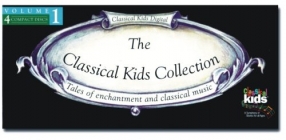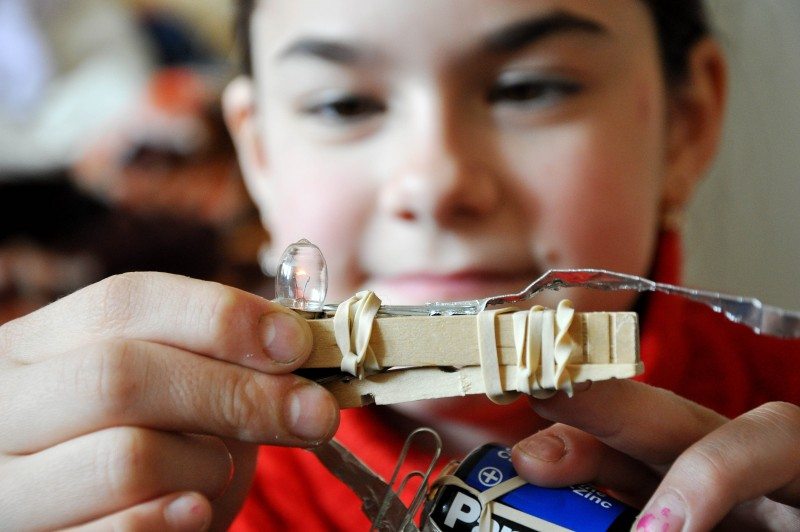 It has been said that Music has charms to soothe the savage breast (William Congreve). The phrase came to mind yesterday evening as I was returning home from our church praise team practice. My week has been full of struggles and dilemmas, and yet as I drove home last night, I found my mind full of the songs we had been practicing and noticed that my spirits had lifted considerably.
It has been said that Music has charms to soothe the savage breast (William Congreve). The phrase came to mind yesterday evening as I was returning home from our church praise team practice. My week has been full of struggles and dilemmas, and yet as I drove home last night, I found my mind full of the songs we had been practicing and noticed that my spirits had lifted considerably.
Not to take away from the simple benefits of praising God, I think there is truth to the saying I quoted above. Music brings with it the innate benefit of calming a troubled heart and bringing joy to the listener. King Saul certainly found it to be so as he often enjoyed David's musical talents.
All that to say ... summer is a wonderful time to weave a little music into the lives of your students. If you are not, by nature or training, a musician, don't give up on finding ways to expose your children to good music. Sonlight's Summer Explorations has some great options for music appreciation ... perfect for a lazy day at the park or a long summer vacation drive.
My children especially enjoyed the Classical Kids Collection. It brought to life some long-dead classical composers and generated a real interest in their work. The Story of the Orchestra is a fun way to introduce younger children to various instruments and well-known orchestral music.
So no more "I'm bored mom!" Pop in a CD and let your kids fill their summer afternoons with a new-found joy in great music. Who knows ... you may unearth a budding interest in music that would benefit from instrumental instruction this fall.
Still on the journey ...
~Judy Wnuk
Sonlight Customer Champion






